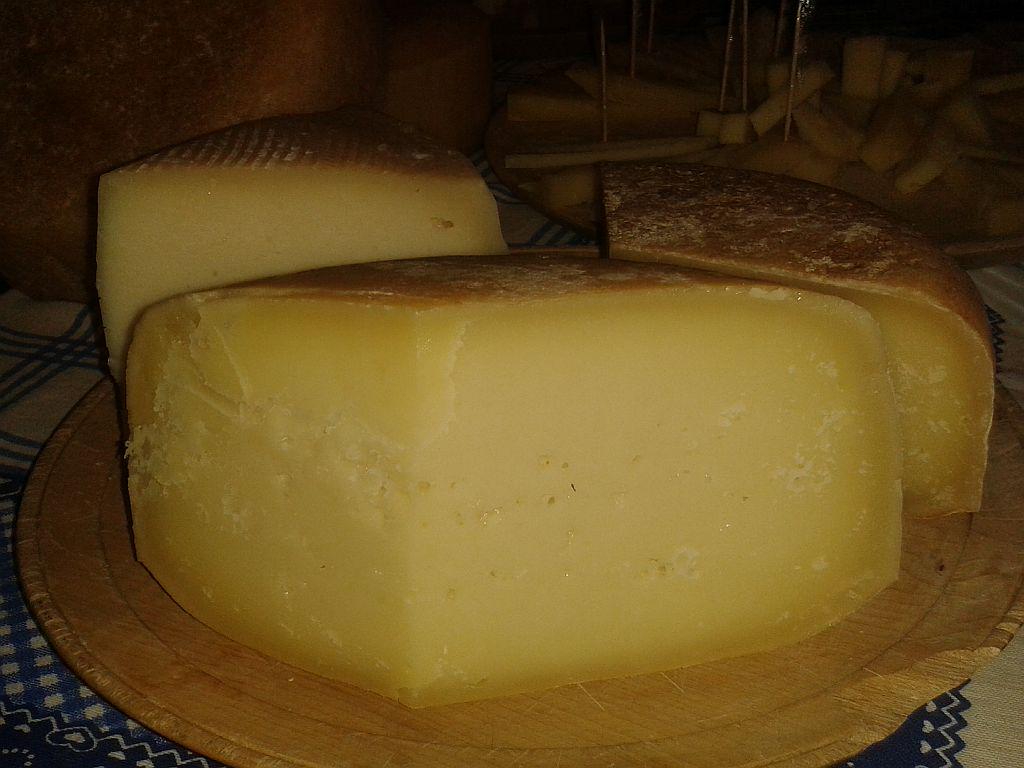
Slovenia’s Karst Plateau is one of the most unique areas in Slovenia. It’s known for its stark limestone landscape, its strong Bora winds, and vegetation that is influenced both by the nearby Adriatic Sea and the harsh conditions of the country’s interior. The environment has shaped the lifestyle of generations and has resulted in a unique variety of cheese - the Karst Sheep’s Cheese, known in Slovenian as "kraški ovčji sir."
For centuries, the cheese was produced on farms scattered throughout the arid plateau. The local sheep would graze among the shrubs and pine trees of the Karst, enjoying large fields full of fragrant herbs and grasses typical of the local microclimate – flora that would give the cheese a very special taste and texture. A local breed of sheep known as "pramenka" was especially popular because it was agile on rocky terrain and would eat even the driest grass.
In the depths of winter, farmers frequently drove their sheep southward, to the warmer climes of the Istrian peninsula. For years, local farmers sold their cheese to the nearby towns of Trieste, Gorizia, and Fiume (now Rijeka). They used special wooden cases called “brente” to transport the cheese. All the while, the traditional method of making the cheese – in copper kettles -- was passed down unchanged from generation to generation. Much of the cheese was produced on the spot - in small shacks - during periods of poor weather.
In the period after World War II, the authorities tended to emphasize industrial production of food. Recently, however, demand has shifted back to local specialties, and the Karst Sheep’s Cheese has been officially recognized as a product with a protected origin – an acknowledgment of how much this variety has been shaped by its one-of-a-kind environment.
With local foods now more popular than ever, Karst Cheese is joining the famed Karst prosciutto and Teran wine as a symbol of its region - and its centuries-old way of life.


































































